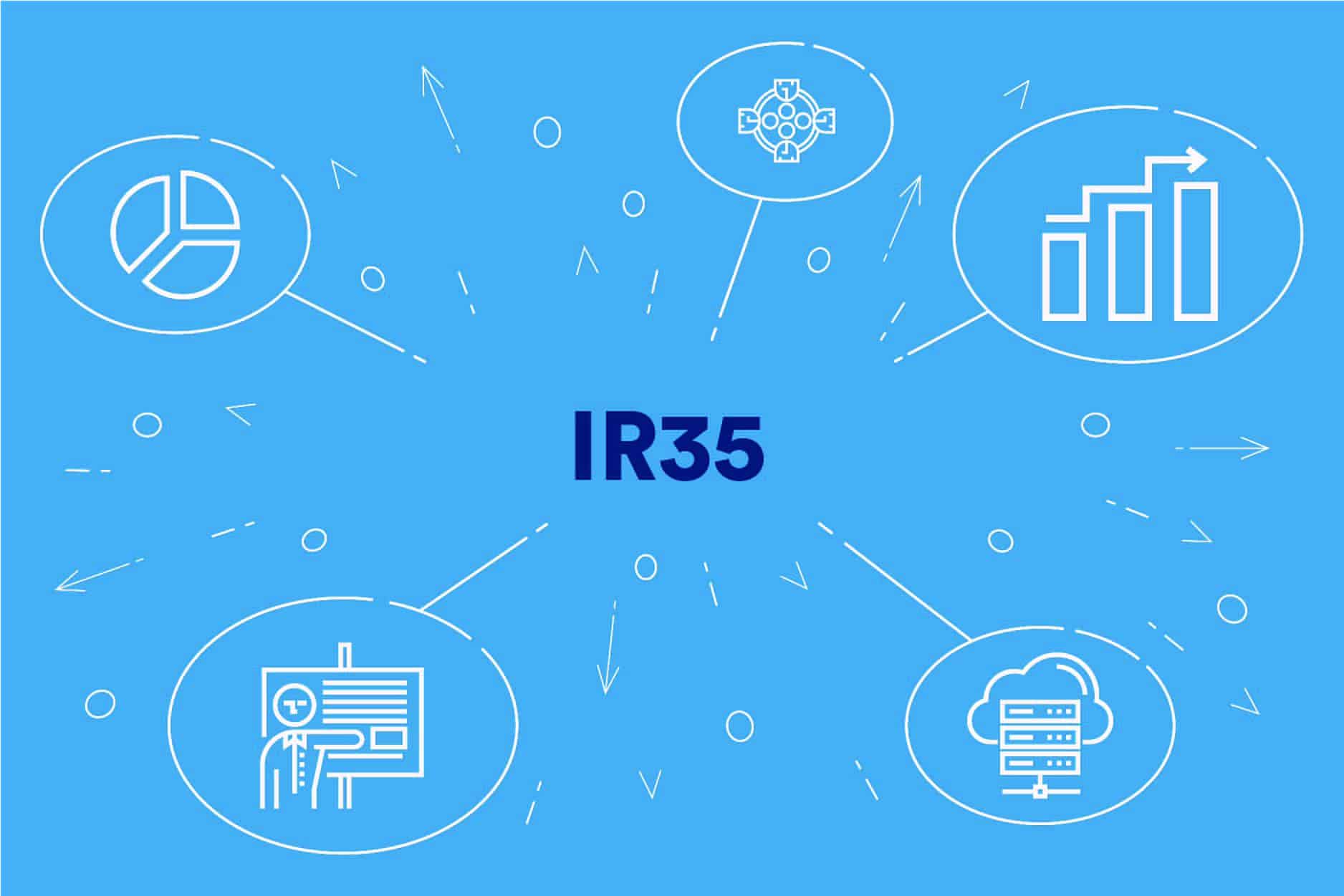Amidst longstanding concern and confusion over the implementation of the reforms, on-demand workforce software provider Talon has taken opinions from over 100 finance, procurement and HR leaders within large companies, together with public sector organisations and IR35 SMEs to get a temperature check on how they plan to address the reforms.
These approaches, some of which are eye opening to say the least, can be summarised as follows.
1. Waiting to see what happens next. Surprisingly, this is the main response Talon received. About half of the organisations who fed back have no measures yet in place, and no certainty over their plans. The smaller the organisation the more likely they are to be adopting this approach. One respondent commented “We feel stuck between a rock and a hard place and all options seem fraught with risk. To be honest we are hoping and praying HMRC will be lenient or that the legislation will be postponed in the budget”. HMRC are claiming that the former will be true (at least initially) but today has shown that the latter is certainly not the case.
2. Going 'risk free'. This is an extreme approach - implementing a blanket ban on engaging contractors who provide their services via a personal services company – but is being increasingly seen as the safest option. There has been media coverage of the major banks adopting this approach, but Talon has been speaking to businesses in other sectors who are looking to follow their lead. The huge problem with this approach is that, by forcing independent contractors into employment contracts or questionable ‘schemes’ there is a major risk of shutting off parts of this critical workforce channel. When these contractors take their skills and expertise elsewhere, it will leave a significant skills shortage and a massive productivity problem. The businesses we spoke to are fully aware of this; one respondent openly said “we are going to shoot ourselves in the foot and we know it”.
3. Individual status determinations. This involves a fair amount of perceived ‘heavy lifting’ on the behalf of the responsible company and their recruitment supply chain. It also carries risks of uncertainty around outcomes, due to concerns over the effectiveness of HMRC’s CEST tool and the complex nature of the legislation, which is not a simple ‘black or white’ situation.
4. Using statement of work (SoW) engagements. This involves outsourcing work packages to suppliers, consultancies and service providers on the basis of fixed deliverables, i.e. “we’ll pay you x to deliver y”. Most large companies already have a significant spend in this area and the firms we spoke to who are adopting this approach more widely feel this helps mitigate the risks associated with the other work delivery options, but when used at scale for smaller projects it can be a clunky and often manual process. If not managed properly it also carries the risks of rogue project spend, body-shopping (i.e. time and materials work disguised as SoW) and decentralised quality, cost and performance management.
5. Using SaaS software to manage an SoW supplier network at scale. This involves shifting work delivery from time and materials (i.e. contractors and temps etc) to outsourced, outcome based Statement of Work engagements. Outsourcing smaller work packages to suppliers is a way of getting work done without any of the risks or complexity associated with off-payroll resourcing models and, when it is done at scale, it is a highly effective work delivery model that is rapidly gaining ground.
Jonny Dunning, CEO of Talon comments: “Although it was not specifically referenced in the budget, the new IR35 legislation will be implemented and this will create significant problems for UK business, at a time when the election, Brexit and now coronavirus are already taking a toll. Alongside their work to ensure IR35 compliance, companies can improve business performance and mitigate productivity risks through scalable SoW management, but that will require them to address how they support it with software”
“Talon is the leading offering in this space, with automated supply chain management and supplier performance at the forefront of the solution, and we expect to be working with far more companies to address the challenges of IR35. However, with the reforms coming into effect next month, the clock is ticking for all companies and there is an urgent need for them to address the challenges this will create.”
About Talon
Talon (www.talonsow.com) provides software as a service (Saas) to allow companies to manage their own agile network of SoW suppliers and service providers. It provides automation, visibility and control required across the entire workflow, from compliant supplier onboarding, RFP, bidding and selection, through to work order, contract creation, and invoice approval. Talon has been in use in public sector organisations since 2018 but it is now available to private sector organisations






